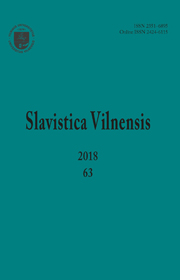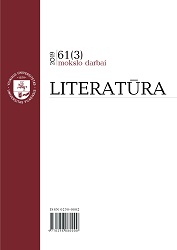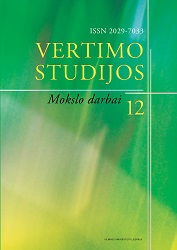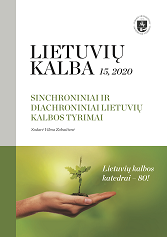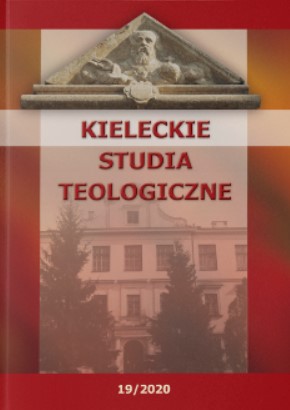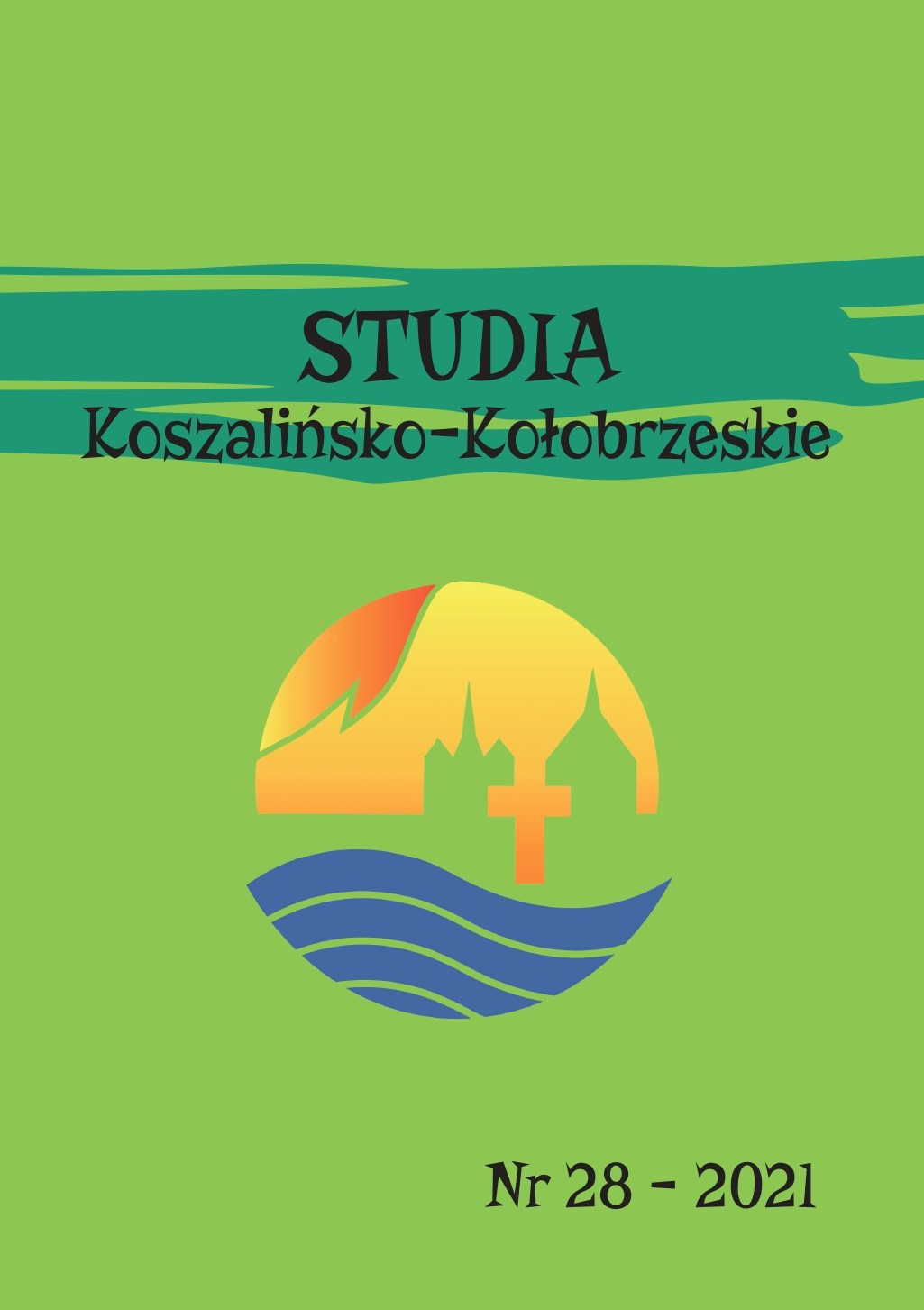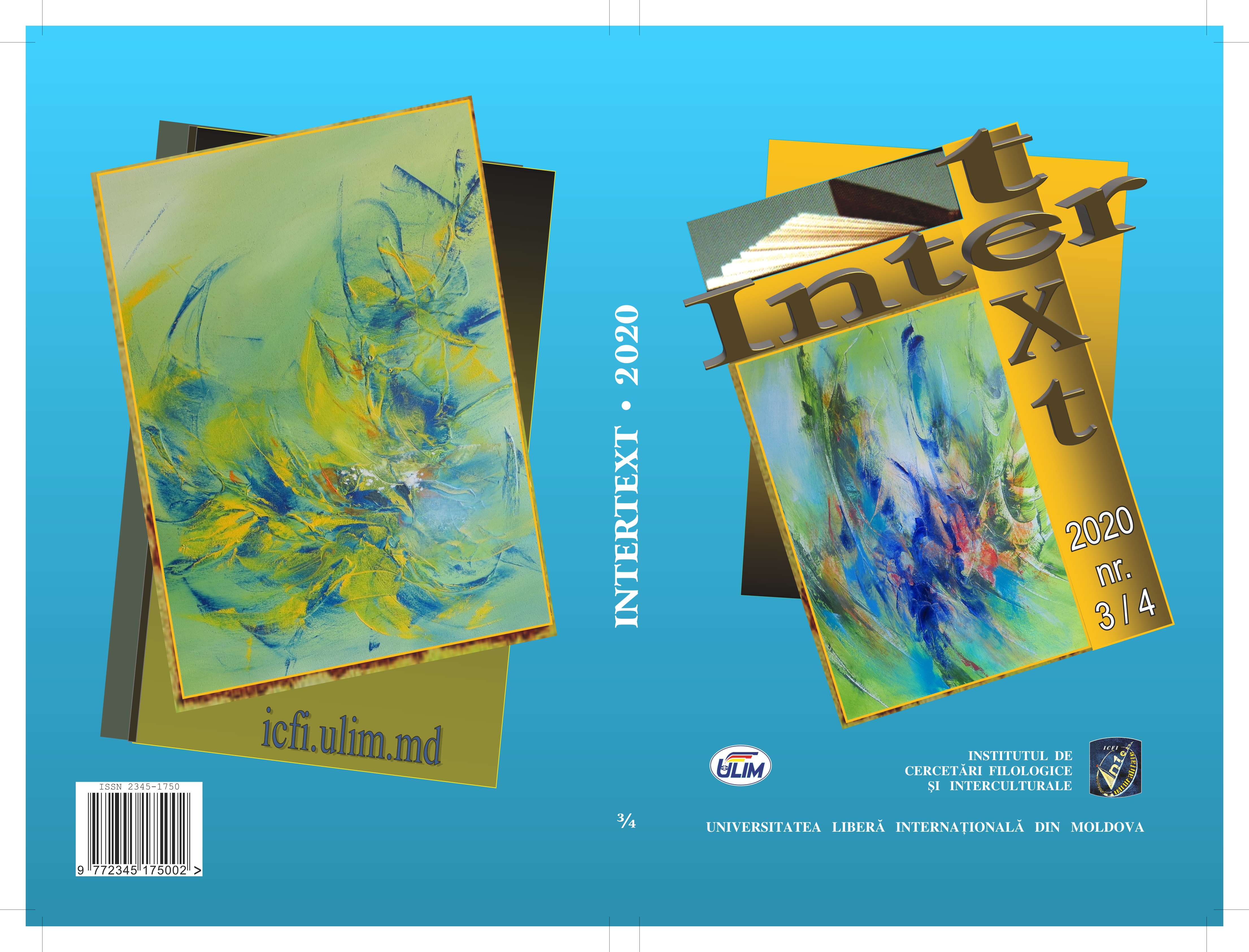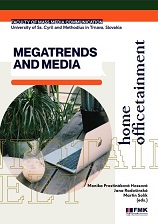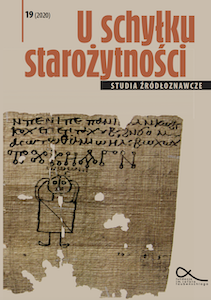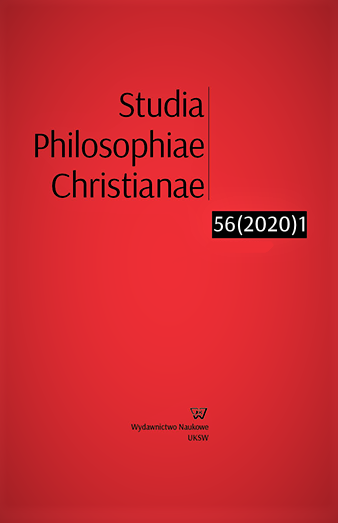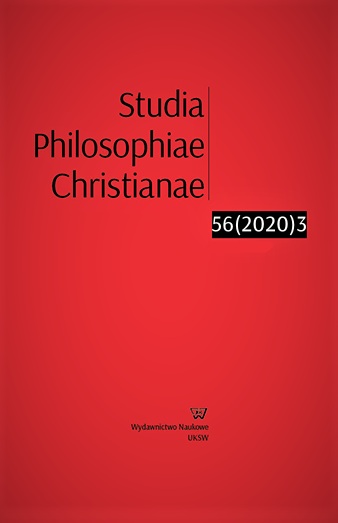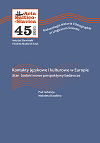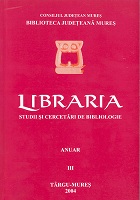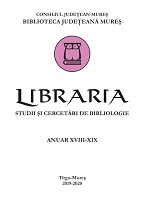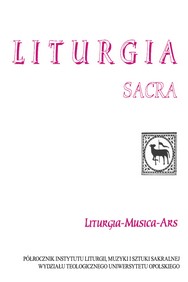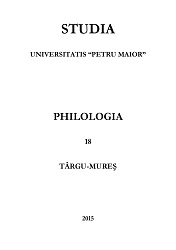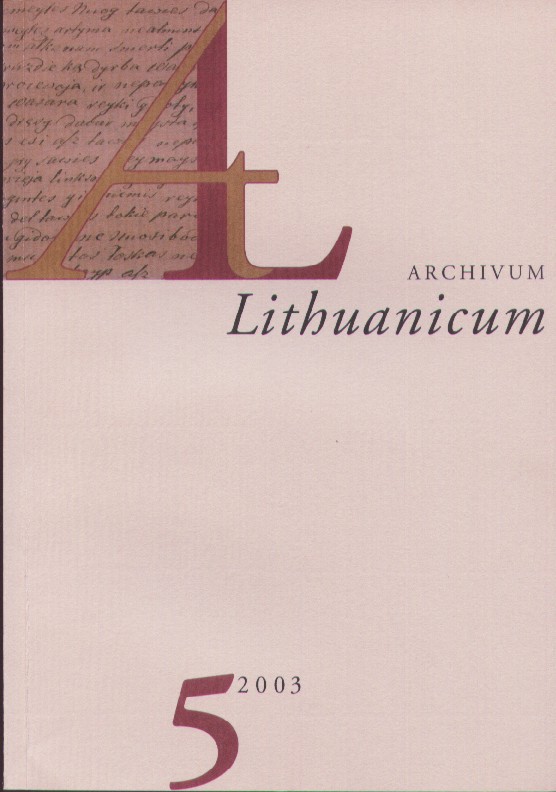
Naujojo Testamento citatos Jono Bretkûno Postilës (1591) pamoksluose
Die neutestamentlichen Zitate in den Predigten der Postille lassen sich in zwei Gruppen einteilen: Perikopenzitate und andere biblische Zitate. In der Postille finden sich 52 Perikopenzitate, die im Unterschied zum sonstigen Predigttext in größerer Schrift gedruckt sind. Andere biblische Zitate werden am Textrand durch Stellenverweise vermerkt. Am Textrand des 1. Teils der Postille gibt es 344 derartige Stellenverweise. 136 davon entstammen dem Alten Testament und 208 dem Neuen Testament. In dieser Arbeit werden ausschließlich die Zitate aus dem NT behandelt, und hierbei nur solche, die die biblischen Stellen wörtlich wiedergeben und nicht paraphrasieren. Der 1. Teil der Postille enthält rund 150 solcher Zitate. Die vergleichende Analyse der neutestamentlichen Textstellen in der Postille, in Bretkes Übersetzung des Neuen Testaments (weiter: BNT), in Willents Evangelien und Episteln und der Wolfenbütteler Postille zeigt, dass es sich bei den Zitaten in der Postille nicht um Abschriften anderer Vorlagen, sondern um neue, eigene Übersetzungen der neutestamentlichen Textstellen handelt. Im Vergleich zum BNT weisen die entsprechenden Stellen der Postille weniger interferierte Präpositionalkonstruktionen und Relativsätze auf. In dieser Hinsicht ist die Sprache der neutestamentlichen Zitate in der Postille archaischer und vorlagenunabhängiger als das BNT. Ein kleiner Teil der neutestamentlichen Zitate der Predigten stimmt mit der ursprünglichen Fassung des BNT bzw. deren Korrekturen überein. Die lexikalische Analyse zeigt, dass die Zitate der Postille mehr Wörter slawischer Herkunft enthalten.
More...
